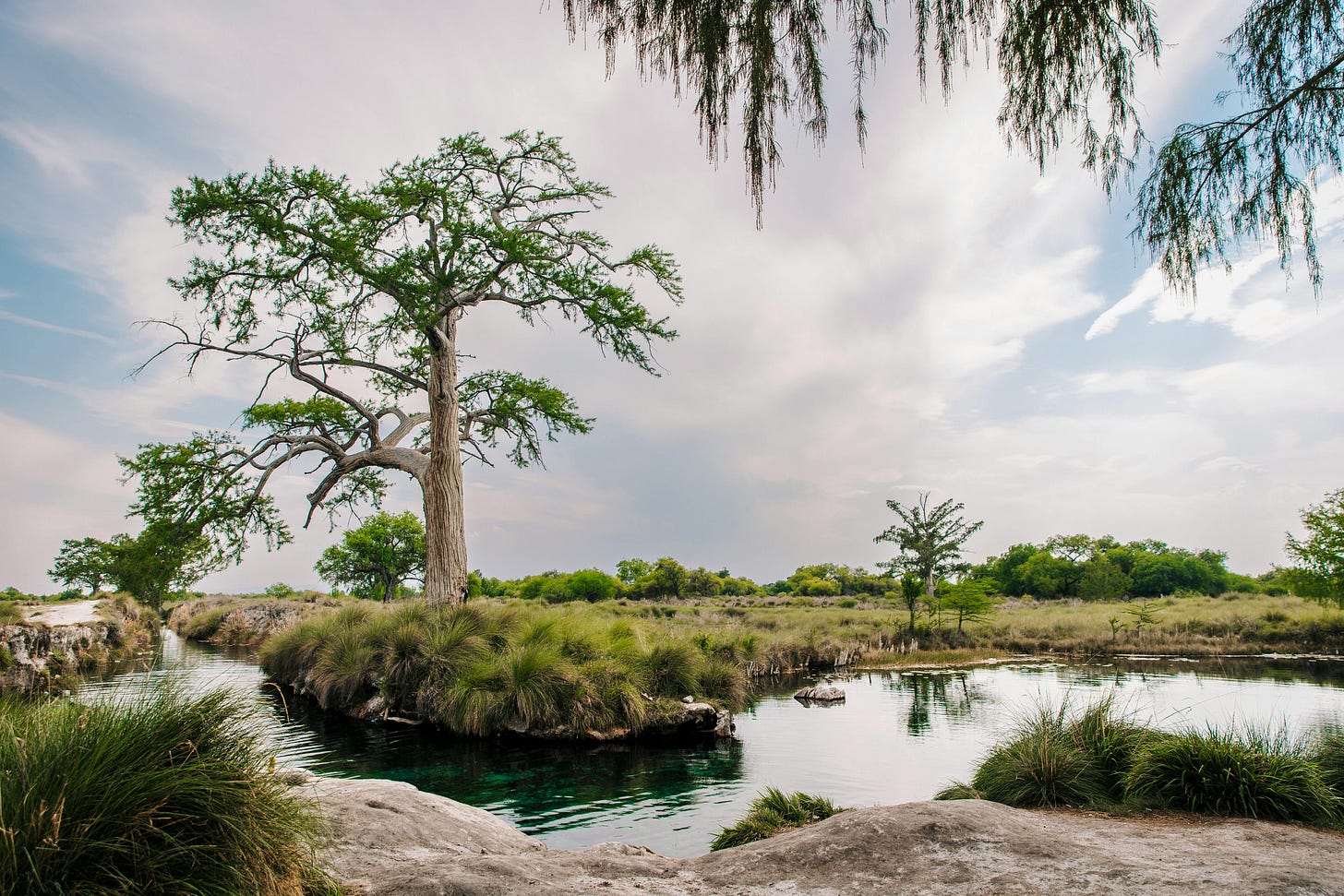Emily Dickinson is one of the greatest poets America has ever produced. Although she lived an intentionally reclusive life, she maintained many friendships via letter and produced around 1800 poems. I do think that we can take her literally when she says that she “never saw a moor.” And that makes what I think she means by this poem all the more powerful.
I never saw a moor; I never saw the sea, Yet know I how the heather looks And what a billow be. I never spoke with God, Nor visited in heaven. Yet certain am I of the spot As if the checks were given.
So a moor is a tract of land left intentionally uncultivated, typically for hunting. Its quite a British word, and I do believe that a 19th century recluse from a city in Massachusetts never saw one. But she knows what one is? How? I’m reminded of the fact that almost all knowledge we have is based on trust. We have to trust somebody at some point. I’ve never personally measured the circumference of the earth, but I trust its not flat. But what is it that Emily Dickinson is trusting here? It’s just a guess, but I think she probably read all about moors in the novel Wuthering Heights, published by Emily Bronte just a few years before Dickinson wrote this poem. Dickinson famously loved Bronte’s work and would often quote it. So what she is trusting in order to tell teach her about our world, is a work of fiction? And she is saying that from it she has real and definite knowledge.
Why does that matter?
Because, I think Dickinson is arguing in this poem for a different, but just as real type of experience. Yes, she’s never seen a moor with her eye, but she has seen one with her mind’s eye. She has a “poetic knowledge” or a knowledge gained from the empathetic capacity of literature. Literary experiences, poetic experiences, have the power to be just as real as any physical experience. She hasn’t seen, but she still knows. And that is why, in the second stanza, she compares her literary experience to a spiritual experience. Regardless of personal beliefs, most people acknowledge spiritual experiences as something real, from which real knowledge can be gained, even without undergoing physical sensation. And for Dickinson, if we already acknowledge the physical and the spiritual, why shouldn’t we acknowledge the poetic.
Yes, she most certainly does know what a moor is. More so than many who have even seen a moor.






I don't understand the last line.
What is a check?